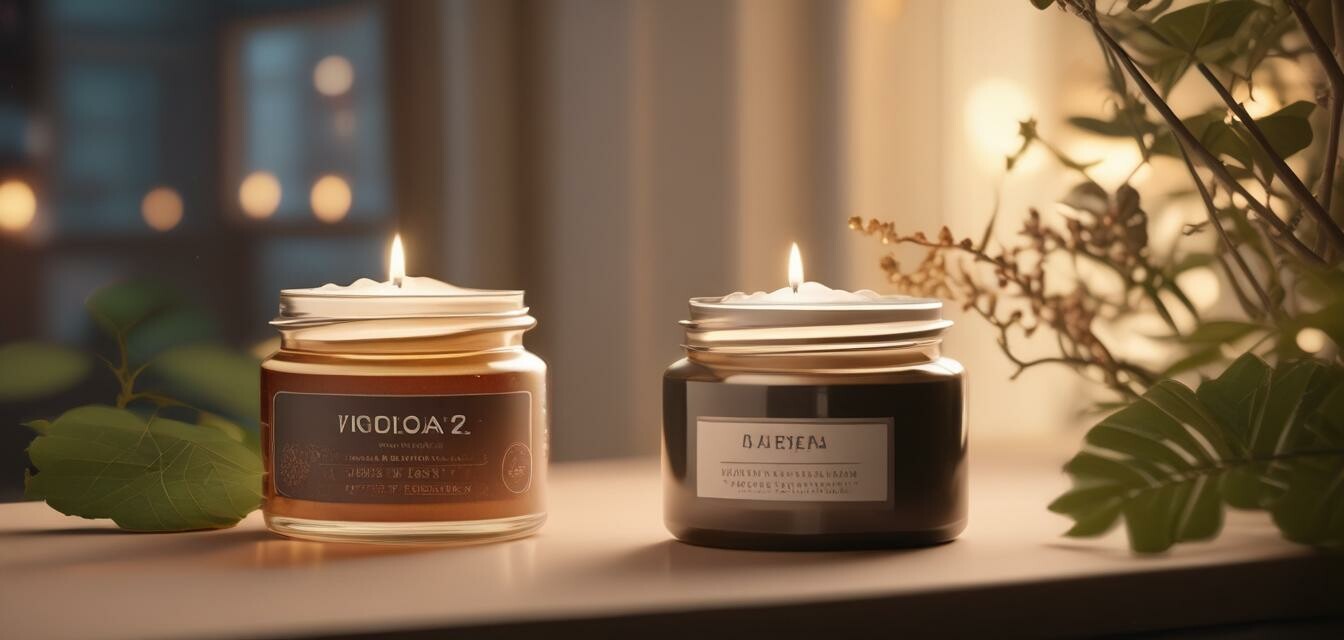
Night creams vs. overnight masks: What's best?
- Night creams are designed for hydration and nourishment.
- Overnight masks provide intensive treatment for skin concerns.
- Choosing between them depends on your skin type and goals.
- Both can be beneficial in a comprehensive skin care regimen.
- Consult our Skin Care Regimens for personalized tips!
Choosing the right products for your skin can be overwhelming, especially when it comes to nighttime skin care. Two popular options are night creams and overnight masks. Both serve the purpose of enhancing skin health while you sleep, but they have distinct benefits and applications. This article will dive into both, helping you determine the best choice for your individual needs.
Understanding night creams
Night creams are a staple in many skincare regimens. Formulated to provide moisture and nourishment, they work while you rest to replenish your skin. Here’s a breakdown of the advantages:
| Feature | Description |
|---|---|
| Hydration | Enriched with humectants to draw moisture into the skin. |
| Ingredients | Often contain antioxidants, peptides, and fatty acids. |
| Texture | Generally thicker, providing a protective barrier. |
| Application | Typically used alone as the last step in your night routine. |
What to look for in a night cream
When shopping for a night cream, consider the following ingredients:
- Hyaluronic acid: Excellent for hydration.
- Retinol: Promotes cell turnover and may reduce signs of aging.
- Peptides: Support skin structure and elasticity.
- Natural oils: Enhance moisture retention.
Exploring overnight masks
Overnight masks are intensive skincare products that provide a thick layer of hydration and treatment. These masks are designed to target specific skin concerns, such as dryness or dullness. Here are their key features:
| Feature | Description |
|---|---|
| Penetration | Delivers active ingredients more deeply into the skin. |
| Purpose | Focus on specific concerns like hydration, brightening, or calming irritation. |
| Usage Frequency | Can be used a few times a week depending on your skin’s needs. |
| Consistency | Usually gel-like or creamy for a soothing effect. |
Choosing the right option for your skin
When it comes to deciding between a night cream and an overnight mask, consider the following:
- Your skin type: Oily skin might prefer lighter overnight masks, while dry skin may need the richness of a night cream.
- Your skin concerns: Look for masks specifically designed for issues you face, such as exfoliation or anti-aging.
- How often you want to use the product: Night creams are ideal for daily use, whereas masks can be a refreshing treatment a few times weekly.
Pros of night creams
- Thicker texture provides a lasting moisture barrier.
- Formulated for daily use.
- Great range of targeting specific skin concerns.
Cons of night creams
- May feel heavy on the skin for oily skin types.
- Some may cause breakouts if not suited to your skin type.
Combining both in your regimen
You can enhance your skin care routine by using both night creams and overnight masks. Here’s how:
- Start with a gentle cleanser, allowing your skin to breathe.
- Follow with a toner to balance your skin's pH.
- If it's a mask night, apply the overnight mask as directed.
- On non-mask nights, opt for your favorite night cream.
Final thoughts
Your nighttime skin care routine is an important part of your overall regimen. Night creams offer hydration and nourishment, while overnight masks provide targeted treatments. By understanding your skin's specific needs, you can make the best choice for your skin health. Don't forget to check our Moisturizers section for more tips!